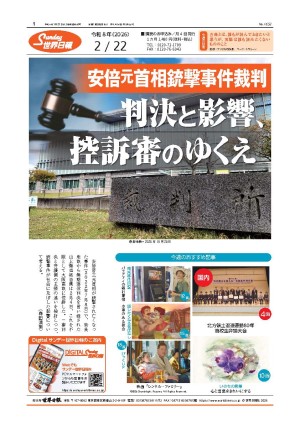セッションズ米司法長官、トランプ政権は大学の言論の自由を抑圧する連中に立ち向かうと主張 Sessions: Trump administration to stand up to college free speech ‘bullies’
ジェフ・セッションズ米司法長官は17日、大学で言論の自由を抑えつける「キャンパスのいじめっ子たち」にトランプ政権は立ち向かうと表明した。一方、共和党の上院議員幹部はセッションズ氏に対し、強気の発言だけでなく、もっと法的措置を取り、スピーチコードに引っ掛かった学生たちを支援することを求めた。
「これは度を越している」と、セッションズ氏はワシントン市内で語った。「異なる主張を抑えつけるのは、米国的ではない。われわれは極めて重要な、おそらく歴史的な節目にいる。キャンパスやカルチャー内のいじめっ子たちに立ち向かう時だ」
...【全文を読む】







